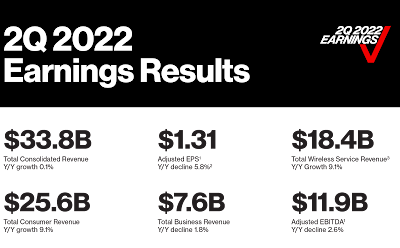IQM Quantum Computers, a start-up based in Espoo, Finland, raised €128 million ($128m) in Series A2 funding for its development of superconducting quantum computers.
IQM delivers a quantum advantage through a unique application-specific, co-design approach. IQM is building Finland’s first 54-qubit quantum computer with VTT and an IQM-led consortium (Q-Exa) is also building a quantum computer in Germany. This computer will be integrated into an HPC supercomputer to create a quantum accelerator for future scientific research. IQM has over 180+ employees with offices in Paris, Madrid, Munich and Espoo. The company was founded in 2018.
The funding was led by World Fund and included participation from Bayern Kapital, EIC Fund, OurCrowd, QCI SPV, Tofino and Varma, as well as existing investors Maki.vc, Matadero QED, MIG Fonds, OpenOcean, Salvia GmbH, Santo Venture Capital GmbH, Tencent, Tesi, and Vsquared. The funding round follows a €39m ($39m) Series A1 announcement in 2020 and includes part of a €35m ($35m) venture loan from the European Investment Bank (EIB) announced earlier this year,
Dr. Jan Goetz, CEO and Co-founder of IQM Quantum Computers, said: “This funding underscores the importance of our mission: building quantum computers for the well-being of humankind. It also demonstrates the confidence in our business model and the continued trust in our team's ability to build the future of quantum technologies. I am confident that we will continue to achieve all our product and business milestones and deliver world-class quantum computers to our customers.”
https://www.meetiqm.com



















